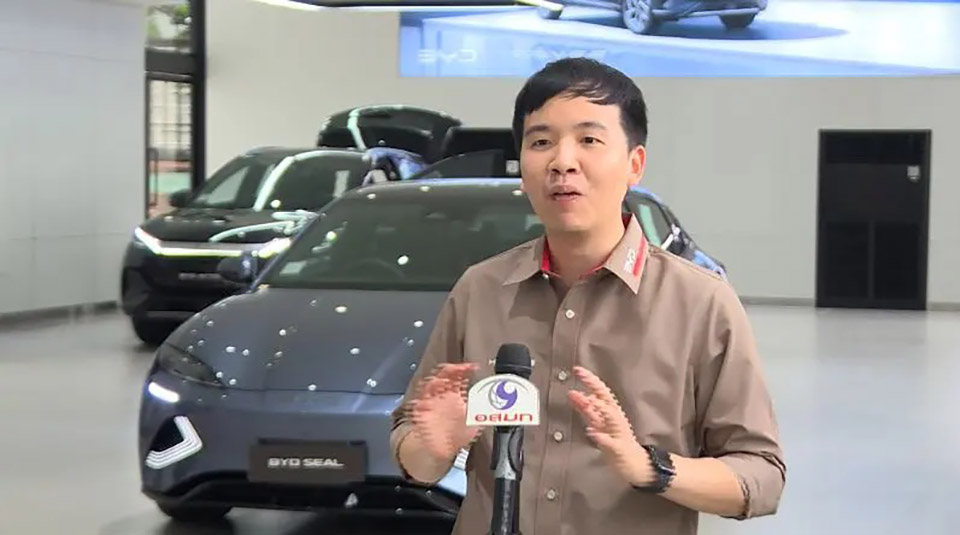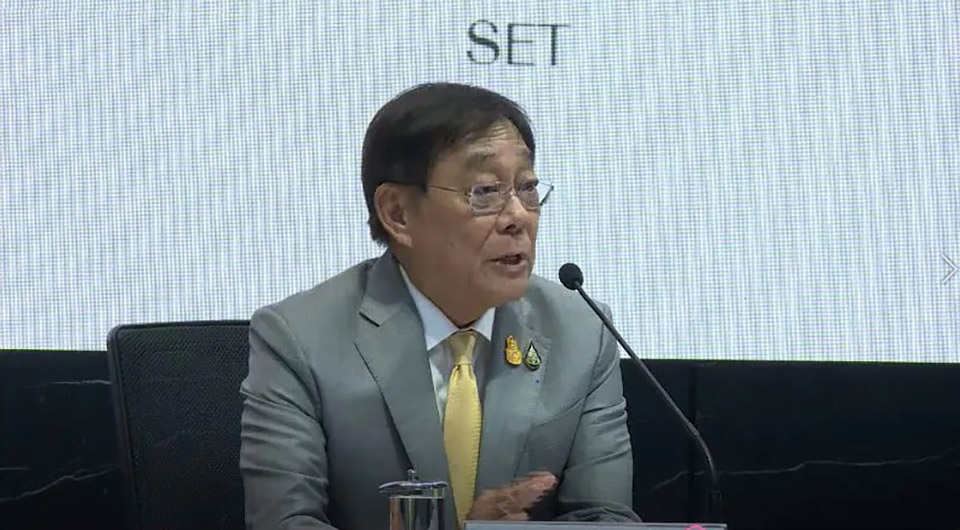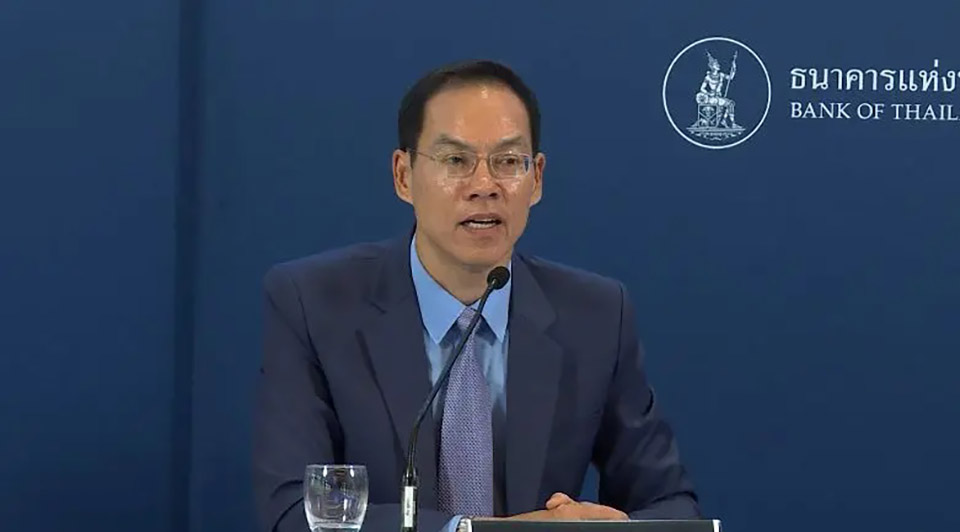
A local family’s year-long research journey exemplifies the growing appeal of electric vehicles (EVs). While positive experiences from friends using EVs and the lure of lower fuel costs were factors, a recent promotional offer from the car company ultimately sealed the deal.
“I used to drive a gasoline car to work, and my monthly expenses were 30,000 baht. My brother, who drives an electric car, suggested that I use the money I save on gas to pay for a new electric car. There are also discounts of over 100,000 baht,” an EV customer at the car showroom said.
A dealer of a famous Chinese EV believes that besides the increasing popularity, state measures promoting EVs and word-of-mouth from actual users have helped build customer confidence and made it easier for them to decide to buy, especially with the recent promotion offering discounts of over 160,000 baht, which has been available for just one week and has accelerated customer decision-making.
“Before, sales were steady. But when the discount campaign came out last week, it was a catalyst that expanded customer awareness. Customers came to learn and look at cars. With the limited number of cars available, customers rushed to book and make decisions,” Nattakul Pingklachai, Managing Director of Hi-Class Bangkok Co., Ltd., BYD car showroom.

It’s clear that price reductions benefit consumers by saving monthly expenses on rising fuel costs. Experts analyze that this price reduction stems from several reasons, such as lower battery costs due to the global drop in lithium prices and BYD’s plan to open a factory in Rayong, Thailand, as per their agreement with the Thai government on July 4. This price reduction, therefore, provides a marketing advantage.
Most EVs in Thailand are imported from China, and their sales are soaring, contrary to the sales of domestically produced vehicles, which run on fuel. The first five months of this year saw 43,921 EV registrations, an increase of over 31%, while the production of Thai cars, which are mostly fuel-based, reached 644,951 units, a nearly 17% decrease.
This has led some car manufacturers to announce factory closures, reduce production, and impact the supply chain, including parts factories and raw material production, affecting labor.
The government acknowledges that the technological transition period may cause some impact, but with EV promotion policies like Policy 3.0 and 3.5, which include subsidies and import tax reductions for EVs, there are also requirements to produce in the country 1.5 to 2 times the sales volume. They believe that ultimately, Thailand will continue to be a significant automotive production base in the world.

“We are inviting EV manufacturers to come in while the economic scale is not yet there. We are not collecting taxes. We need to help them for a while, but it won’t be long. Now, production costs have come down a lot and batteries have been reduced by almost half. When the economic scale is reached, the components will come back,” said Pichai Chunhavajira, Deputy Prime Minister and Minister of Finance.
Surapong Paisitpattanapong, the spokesperson for the automotive group of the Federation of Thai Industries, also pointed out that the decline in Thai car production is not only due to EVs entering the market but also because of domestic economic problems, such as GDP growth being lower than expected, household debt issues, and banks limiting credit. Sales of pickup trucks have dropped by over 170,000 units in the past year and five months. He calls on the Bank of Thailand to ease credit control restrictions.
“Based on my observations, the overall credit standards for borrowers remain unchanged. However, the quality of applicants has declined, resulting in an increase in loan rejections,” Piti Disyatat, Assistant Governor of the Bank of Thailand.
Previous EV buyers are now regretful as they bought at higher prices. Some console themselves by saying they save on fuel costs earlier, but many are starting to delay their purchases and may even cancel their reservations, believing that buying later will be cheaper. -819 (TNA)









